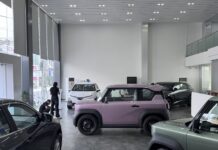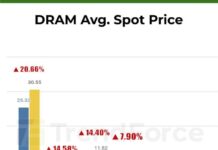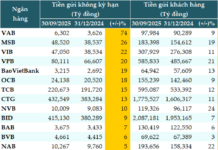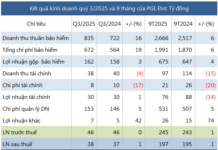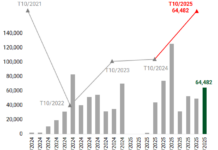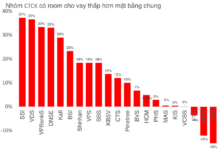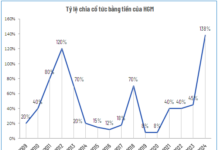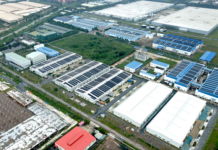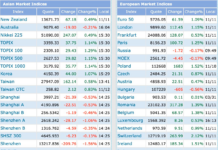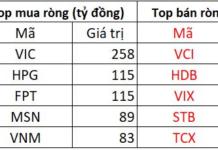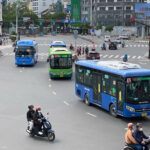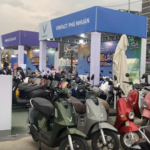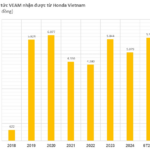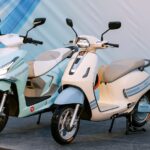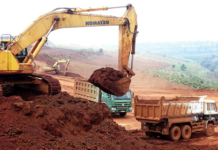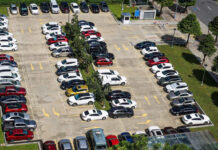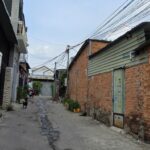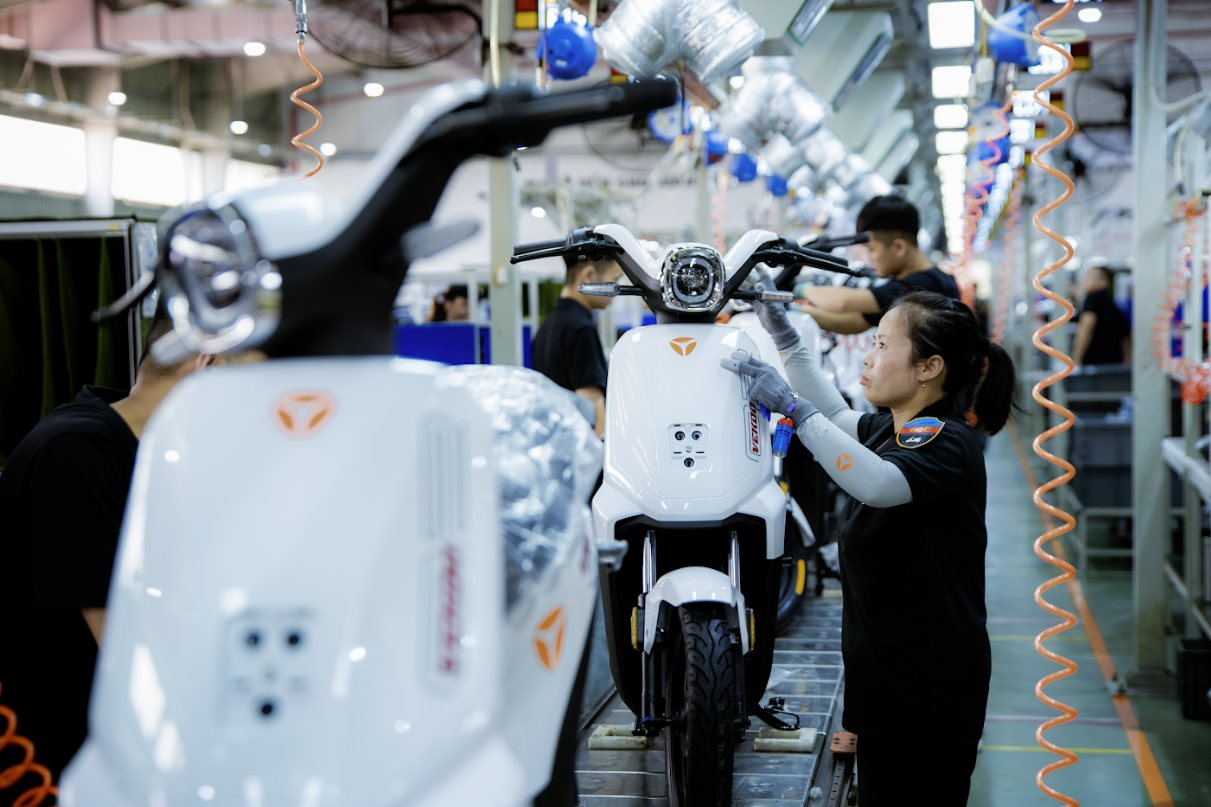
Vietnam is taking significant steps towards reducing air pollution and striving for a Net Zero target by 2050. On July 12, 2025, the Prime Minister issued Directive 20/CT-TTg on urgent tasks to prevent and resolve environmental pollution. This directive includes crucial instructions for the People’s Committee of Hanoi to immediately implement focused solutions for environmental protection in the field of urban transportation.
Among the key measures, organizations and individuals are encouraged to transition to alternative modes of transportation. The directive sets out a timeline for phasing out fuel-based motorcycles and scooters within specific areas of the city. By July 1, 2026, there should be no fuel-based motorcycles or scooters circulating within Ring Road 1. From January 1, 2028, fuel-based motorcycles, scooters, and private cars will be restricted within Ring Road 1 and Ring Road 2, with further expansion to Ring Road 3 by 2030.
Mr. Liu Jia, General Director of Yadea Vietnam, commented, “This directive is in line with global trends and consumer demands for cost-effective, convenient, and environmentally friendly transportation options.” However, he emphasized that the implementation should consider the affordability of the population.
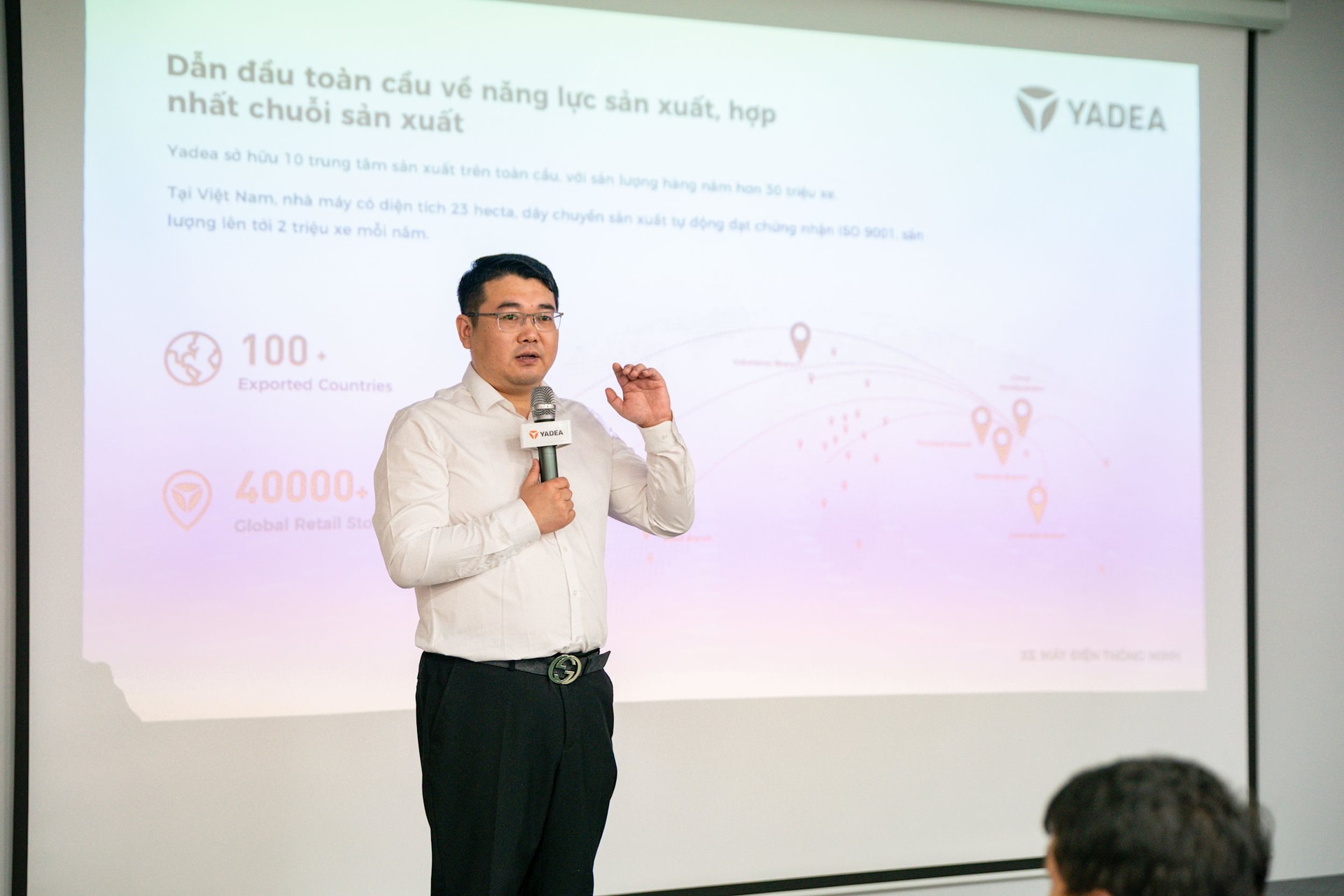
Mr. Liu Jia, General Director of Yadea Vietnam
Mr. Liu Jia highlighted Vietnam’s attractiveness in Southeast Asia due to its robust economic growth, open investment environment, robust supply chain, high motorcycle ownership, and young population open to adopting electric vehicle technology. These factors position Vietnam not only as a potential consumer market but also as an ideal location for Yadea to establish its manufacturing base.
Yadea’s decision to invest in a large-scale factory in Bac Ninh, spanning 50,000 square meters with an annual capacity of 300,000 vehicles, reflects its long-term strategy for the region. The Bac Ninh factory is equipped with advanced technology, including a real-time overhead conveyor system, automated assembly lines, and robotic welding, enabling the completion of a vehicle every 45 seconds. A stringent quality control system ensures that 100% of the products meet the standards before leaving the factory.
Approximately 10% of the factory’s output is exported to markets such as Indonesia, Thailand, Laos, Brazil, and Mexico. In 2024, Yadea commenced the construction of a new factory in Bac Ninh, with a planned capacity of 2 million vehicles per year, poised to become the largest two-wheeled electric vehicle manufacturing hub in Southeast Asia.
Yadea is also committed to localization in Vietnam, with 60% of some vehicle models’ components being produced domestically, and a target of reaching 90% in the future. The R&D center in Bac Ninh will focus on designing premium models tailored to the preferences of Vietnamese and Southeast Asian consumers.
Recently, Yadea celebrated a significant milestone, rolling out the 400,000th electric vehicle from its Bac Ninh factory, marking six years of operations in Vietnam. “Yadea’s market share in Vietnam has doubled from 10% to 20% in the past two years. We believe that Vietnam will be an essential driver of our global growth strategy,” shared Mr. Liu Jia.
The World’s Fastest Electric Car Maker: Is BYD All Talk and No Action?
Introducing BYD’s newest electric vehicle, a powerhouse boasting an impressive 3,000 horsepower. But is it too good to be true? A rival electric car CEO raises an eyebrow, questioning the validity of such an extraordinary claim. With skepticism lingering in the air, the stage is set for a thrilling showdown between these electric automotive powerhouses.
Electric Vehicle Revolution: Empowering Ho Chi Minh City’s Transition to a Greener Future
The electric vehicle revolution is here, and it’s time for businesses to step up. We’re calling on manufacturers, infrastructure developers, ride-sharing platforms, and banks to join the movement and support the transition to electric cars. It’s not just about the environment; it’s about staying ahead of the curve and meeting the evolving needs of customers and drivers.
A Business Receives Over $1.6 Billion in Dividends from Honda as Hanoi Prepares to Phase Out Gasoline Cars.
As of the first half of 2025, VEAM’s net revenue surpassed 2.087 trillion, while their net profit reached an impressive 3.410 trillion VND. This remarkable achievement can be largely attributed to the significant contribution of their joint venture and associate companies, which accounted for nearly 3.069 trillion VND in profits.




